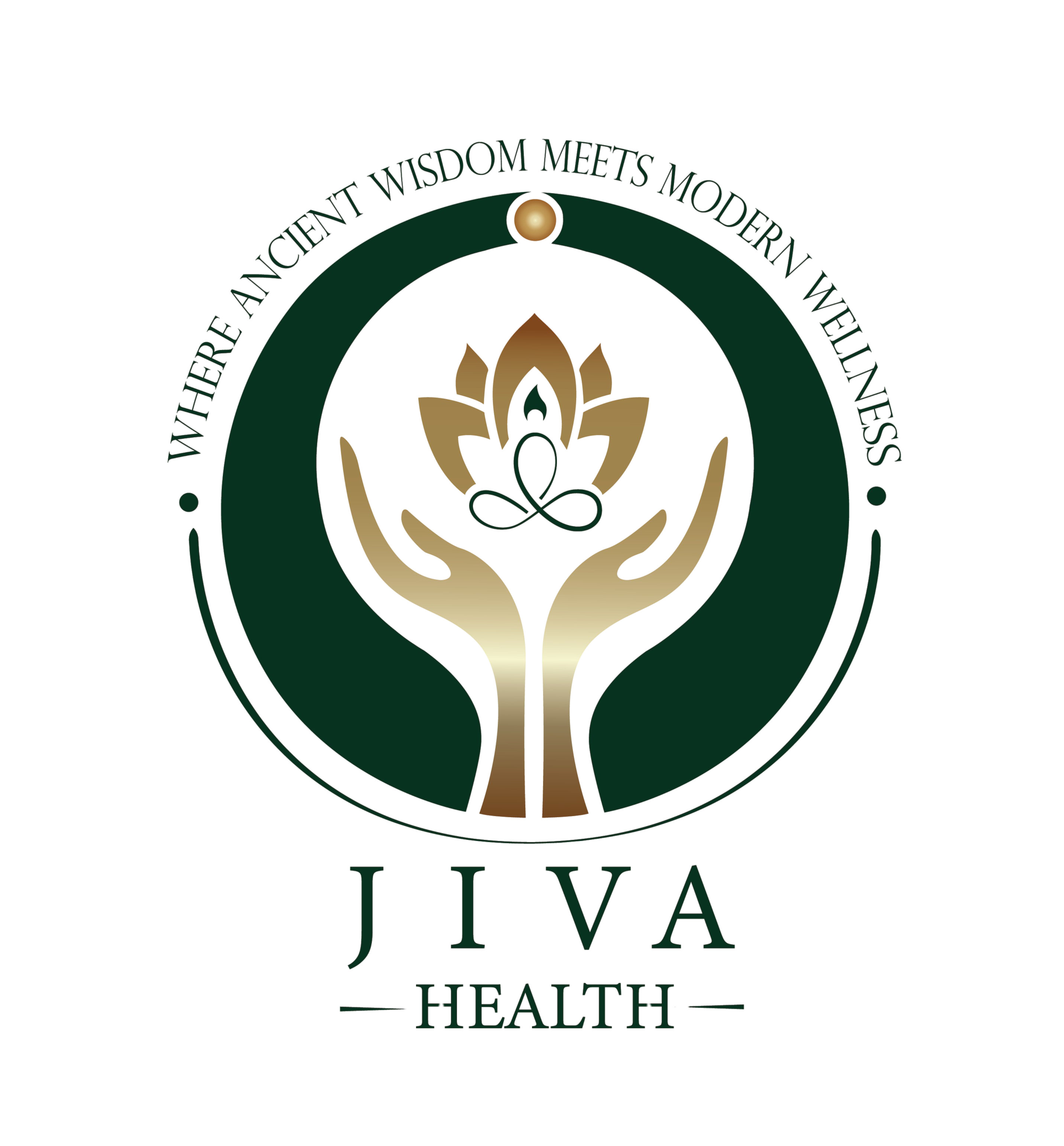One-size-fits-all diets don't work. Ayurveda helps you eat exactly what suits your body type.
This is where ancient wisdom meets modern nutrition — and your body finds its balance.
What Is Ayurveda — And Why It's the Key to Real Nourishment
Ayurveda is one of the world's oldest systems of holistic healing — a 5,000-year-old science rooted in the belief that your body, mind, and nature are deeply interconnected.
Why What You Eat Shapes How You Feel
Ayurveda teaches us that food is more than fuel — it's medicine, emotion, and energy. What you eat affects how you think, feel, sleep, digest, and even how you respond to life.
Modern science now agrees: the gut has so many neurons, it's often called your second brain. That's why the foods you eat can directly influence your mood, energy, and focus.
"Have you ever noticed how certain meals can make you cranky, tired, or bloated? I've felt it too. And so have many people I've worked with. That's why food must be personal."
Even in your own kitchen, there are ingredients that can be chosen based on your body type/dosha, your emotional state, and your current health needs. Ayurveda gives us the tools to make those choices — so that food becomes nourishment that supports your life.
Discover Your Dosha
What is Vata?
Vata is the energy of movement, composed of air and ether elements. It governs bodily functions like breathing, circulation, nerve impulses, and creativity. Vata types tend to be energetic, creative, and quick-thinking.
Signs of Vata Imbalance
When out of balance, Vata can cause:
Anxiety, restlessness, or insomnia
Dry skin and brittle nails
Digestive issues like bloating and constipation
Cold hands and feet, feeling chilly
Irregular appetite and digestion
Pro Tip
Warm oils are your best friend. Use sesame oil for cooking and self-massage to ground and nourish Vata's dryness.
What is Pitta?
Pitta is the energy of transformation, made up of the fire and water elements. It governs metabolism, digestion, and intelligence. Pitta types are often driven, sharp-minded, and passionate, with a strong appetite — both for food and for life.
Signs of Pitta Imbalance
When out of balance, Pitta can cause:
Irritability, anger, or impatience
Heartburn, acidity, or loose stools
Skin rashes, acne, or inflammation
Excessive body heat or sweating
Perfectionism or burnout tendencies
Pro Tip
Ghee is gold for Pitta. It cools internal heat, supports digestion, and nourishes without aggravating.
What is Kapha?
Kapha is the energy of stability, structure, and lubrication, formed from earth and water elements. It governs immunity, strength, and emotional steadiness. Kapha types are naturally calm, compassionate, and grounded — with strong endurance and physical builds.
Signs of Kapha Imbalance
When out of balance, Kapha can cause:
Lethargy, sluggishness, or heaviness
Weight gain or water retention
Slow digestion or congestion
Depression or emotional dullness
Excessive sleep or resistance to change
Pro Tip
Light, warm, and spicy foods are your allies. Use warming spices like ginger and black pepper to stimulate digestion and energy.
Why Ayurveda?

Heals from the root, not the surface
Instead of masking symptoms like bloating, fatigue, or skin issues, Ayurveda looks deeper — at digestion, lifestyle, emotions, and energy.
Adapts to your changing life, mood, and health
Feeling heavy? Running cold? Under stress? Ayurveda teaches you how to eat differently depending on your current state — not just one plan forever.
Works with your body
Ayurveda honours your natural constitution and healing rhythm — no calorie counting, no food fear, just aligned nourishment.
Builds long-term resilience, not quick fixes
It's not a diet. It's a lifestyle that supports immunity, gut health, energy, and clarity — for years to come.
General Food Combining Principles
Proper food combining is essential in Ayurveda to support digestion and prevent the formation of toxins. Certain food combinations can hinder digestion, leading to bloating, gas, and other digestive issues. Here are some guidelines for ideal food combinations:
Avoid Combining Grains and Proteins
Grains and proteins digest at different rates. Combining them can slow down digestion.
Eat Fruits Separately
Fruits digest quickly and should be eaten alone or with other fruits.
Dairy with Grains
Dairy products are best consumed alone or with grains.
